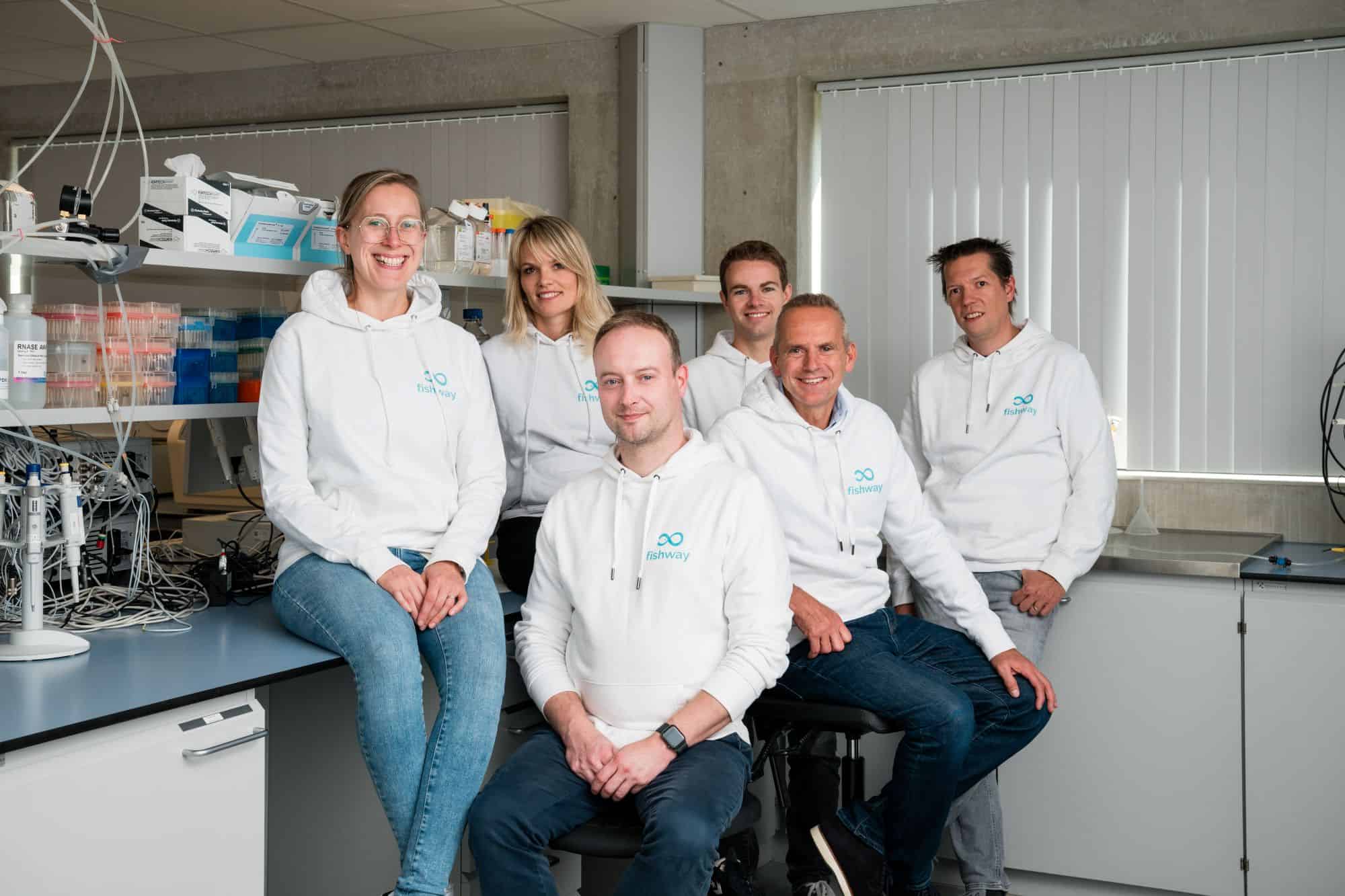Update: We have been contacted by Remo Nannetti, manager of the Save The Chickens Foundation, who wishes to highlight other facts about the Feather to Meat Project, as follows:
The project, which began at the end of 2022 and will end at the end of this year or the beginning of 2025, is halfway through the research, indicating that industrial production is possible. Building on the positive outcomes (described in the piece below), the researchers are now focusing on expediting the practical applications of their findings. To do so, they are preparing the documentation to start the European Food Safety Authority certification procedure while seeking to quickly conduct production tests with industrial partners.
The next phase involves establishing immortalized cell lines and adapting cell multiplication for growth in bioreactors without fetal bovine serum, which already has positive feedback.
“This would be the crowning achievement of the required conditions of absolute absence of cruelty in the production of cultured meat realized without killing any animal,” Nannetti told Cultivated X.
Feather to Meat
Researchers at the University of Trento continue to work on “Feather to Meat,” a project launched last year to cultivate chicken using cells from feathers.
The research, led by professors Luciano Conti, Stefano Biressi, and researcher Nike Schiavo, is concluding its first phase successfully developing the “first batch of cellular material ready to be used for reproduction” from lab to larger-scale production in bioreactors.
According to the announcement, this expansion will enable the team to conduct the first production tests for the real market and commence the next phase, which involves establishing cell lines and evaluating whether they can license them for food production.
Previous achievements of the team include the humane collection of feathers (by petting the chicken) to obtain stem cells, identifying the type of feathers, and establishing the optimal conditions for cell growth. Additionally, research efforts have been focused on cell differentiation to optimize the ratio between muscle formation and fat cells to mimic chicken meat.
“We estimated that from a single feather, after only 40 days of culture, we could obtain about 700 g of cells, said Nike Schiavo in an interview last year.
Recently, Conti and Biressi were nominated in the “Researchers and Innovators” category for the LAV “AnimaLAV” prize.

“Civilized” societies
The project, funded in part by the Save the Chickens Foundation, aims to promote innovation in the food industry by developing new technologies and production methods that support animal welfare and environmental sustainability.
According to the nonprofit, cultivated meat significantly reduces environmental impact and utilizes resources more efficiently than traditional meat production. Meanwhile, regarding ethical considerations, animals will no longer be subject to captivity, pain, and slaughter for food. Ultimately, the shift toward cell-based meat will lead to a more ethical and just society.
Save the Chickens Foundation explains that in Italy, millions of chickens and eggs are consumed annually, using vast resources such as water and land and contributing enormous quantities of methane.
Despite the skepticism shown in Italy’s ban on cultivated meat, the organization argues that the evolution of farming and technology will ultimately make a better and fairer society: “In the presence of alternatives such as cultivated and plant-based meat, it no longer makes sense to kill animals for food. The unjustified suffering caused to animals cannot have any justification in societies considered to be civilized.”




